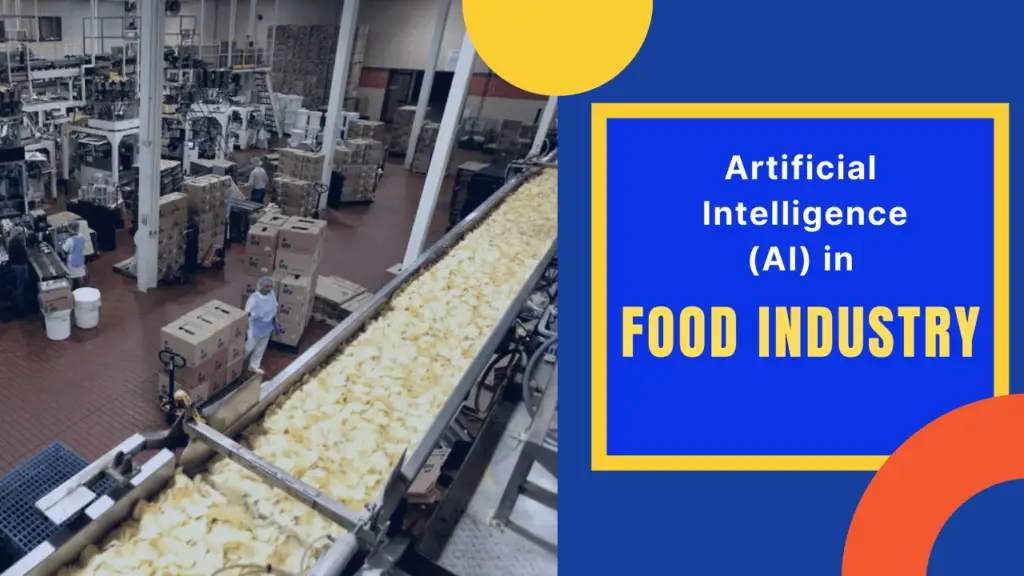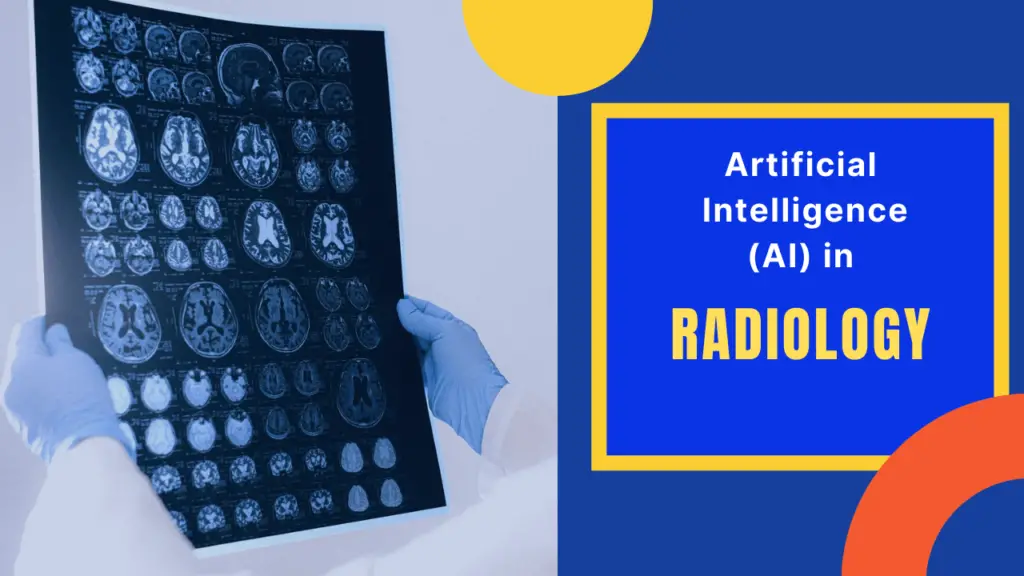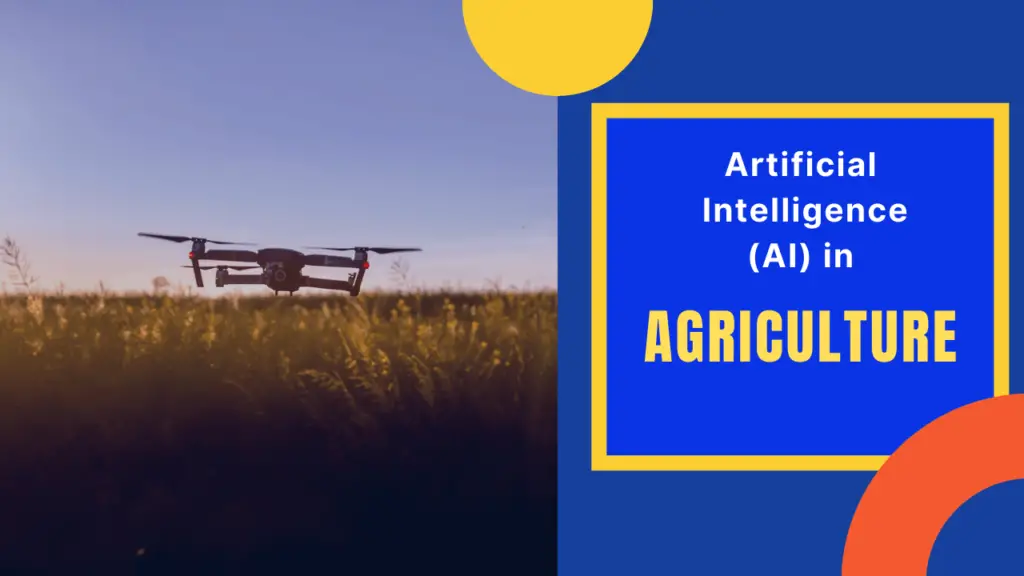Machine learning greatly supports the restaurant business at each step, thereby decreasing cost and enhancing quality. AI solutions offer increasing possibilities in the food industry and beverage sector to automate processes, reduce expenses and make minimum possible errors. AI can be applied in both restaurant businesses and food manufacturing. There are innumerable benefits of AI in food and beverage manufacturing.

Benefits of Artificial Intelligence
The three main benefits of Artificial Intelligence in the Food Industry include:
1. Maintaining product quality
Improving product quality is a major challenge for the food and beverage industry. Machine learning helps maintain top-quality products while enabling rapid quality checks via visual inspection. The image recognition tools detect as well as analyze products in real-time. These tools determine if a product based on input specifications successfully passes the quality check. A pass and fail result can be determined for a variety of needs like label placement and packaging fill levels. Image recognition tools are now cloud-based and thereby more accessible. Greater accessibility implies that implementation of these initiatives is fairly easy and doesn’t demand a large-scale implementation within the plant or other heavy investment to get started.
AI-powered tools and machine learning can help improve the process further upstream by enabling the identification of root causes by teams. AI helps to maintain the accuracy of visual inspections, detecting quality issues in real-time, and identifying root causes of quality issues to improve the production processes in the future.
2. Predict issues in machinery performance
AI has the potential to predict possible failures in machinery performance and this application holds great importance to the manufacturers. Predictive maintenance not only increases asset availability but also lowers maintenance costs by almost 25 percent.
AI technology via the use of sensors as well as data on past performance enables anticipating possible machinery failures allowing to take action before the equipment collapses. AI system takes sensor data and machine history for predicting the schedule of maintenance to minimize breakdowns. For instance, sensors may be deployed to monitor machine vibration as well as to trigger alerts when there is a change in vibration. Predictive maintenance results in cost reduction and allows process improvements. Furthermore, it lowers the wastage that may occur due to breakdown.
3. Actionable insights from sensor data
The majority of the manufacturing equipment collects a huge amount of data, but it adds value to operations only when there is a way to make sense of all of it. AI via sensors to capture as well as correlate information related to the specific task like temperature allows process improvements. AI tools come in handy since they take real-time sensor data and merge it to extract valuable insights as well as to improve situational awareness. With an integrated AI tool, the raw data can be taken for identifying patterns as well as recommending actions for improving efficiency. The ability to draw insights is very useful for companies that operate across different production sites. Comprehensive insights can be drawn into product quality metrics and other data sources can be combined like supply chain efficiency and feedback of customers.
How Artificial Intelligence use in Food Industry?
Here are the major examples demonstrating how AI is being used in the food industry.
1. Food sorting solutions
Sorting food is a time-consuming process in any facility which receives fresh produce. For instance, sorting out off-color tomatoes can help decrease rejection by customers. TOMRA Sorting Food is therefore developing sensor-based optical sorting technology with machine learning abilities. The systems deploy several cameras and sensors to view food in the same perspective as consumers do and sort food on that basis. Consequently, fewer hours are spent on manual sorting. Moreover, there is increased yield, improved quality, and less waste.
2. Supply chain management
Supply chain management is a priority for food companies with the increasing need for transparency. The food industry is incorporating AI to improve supply chains by:
- Food safety monitoring.
- Testing product at each step.
- Accurate forecasting to managing inventory.
- Product tracking from farm to consumer.
3. Development of new products
AI solutions help developing new products. For instance, Gastrograph AI deploys predictive algorithms for modeling customer flavor preferences and for predicting their response to new flavors. The data could be classified into demographic groups for helping companies develop products that match the target audience’s preferences.
4. Grow better food
AI may help farmers grow better quality food by creating optimal growth conditions. For instance, Sentient is a company that uses AI for monitoring the effects of variables such as UV light, heat, water stress, and salinity on basil. The data help develop a model for the ideal crops. Moreover, AI also adds value at the farming level by detecting pests and plant diseases as well as by improving soil quality.
5. Improve personal hygiene
Good personal hygiene holds great importance in a food plant just like it matters in the kitchen. AI-powered solutions ensure that employees follow personal hygiene procedures. For instance, KanKan is a technology company that provides AI-enabled solutions to improve personal hygiene among food employees in China. The system can be used both in restaurants and food manufacturing companies. Cameras are used for monitoring workers, and facial recognition software is used to check if the food workers wear hats and masks as per food safety law. In case of any violation of the food safety law, the screen images get extracted for review. The technology is 96 percent accurate according to the company’s latest press release.
Conclusion:
AI can be a game-changer for restaurant businesses. All food companies can greatly benefit from lowering operating expenses and minimized risks. AI tools offer promising solutions from visual inspections to monitoring manufacturing equipment. Detecting quality issues via image recognition tools helps to maintain product quality. The ability to optimize operations and to improve continuously is enough reason for deploying AI technology in food companies. AI is also used in the grocery industry to provide consumers targeted offers, manage inventory well and reduce the waste produced. AI in the food industry is becoming an integral part of the food production process.


